Jason Kloth is president and CEO of Ascend Indiana, created in 2016 to realize the vision for Indiana to be a place of economic opportunity for all. Jason’s career launched with Teach for America when he became a sixth-grade teacher right out of college for a Texas border community. Ever since, he’s tackled ambitious ideas to improve the trajectory of many lives within the context of education and the workforce.
BKB: Tell us more about Ascend.
JK: I came to Indy in 2008 with Teach for America, got immersed in the education scene, and served as deputy mayor of education for Mayor Ballard for three years. After that, I considered what would come next. I was very concerned about our labor market, income inequality, and the fact that here in Indianapolis – as well as in other cities – employment typically associated with the middle class has been eroded due to globalization, automation, and digitization. And, while the demand for highly educated people is growing, the supply is not, depressing hourly wages and creating a wage premium for those with a post-secondary degree. This results not only in a lack of talent to meet demand, but eventually in social and political unrest. I saw a need to bring community, corporate, and academic leaders together to address the gap in employment needs by connecting people to in-demand education and training opportunities.
Ascend Indiana started as a conversation I had with David Johnson, the CEO of CICP. I voiced this concern and subsequently produced a six-page white paper with my colleague and Ascend’s co-founder, Stephanie Bothun, to present the problem and some solutions. Following this, David invited us to create a steering committee comprised of academic and industry leaders to research talent and workforce development. We raised $900,000 to seed the effort, which led to the launch of Ascend one year later.
BKB: The work of Ascend requires many partners and massive coordination. What leadership challenges do you face?
JK: It is often difficult to stay focused. It is important to be very clear about the problem we exist to solve. Why does that problem occur? What are the logical solutions? Then, it takes keen clarity of vision and mission, coupled with hard work, to establish our organizational priorities.
We started with a strong board of directors to provide accountability and help secure funding for the initiative. Then, we attracted top talent to execute.
BKB: What does top talent look like at Ascend?
JK: We look for those who demonstrate a history of exceptional achievement, as this predicts continued success. Different people have different sets of characteristics that have made them successful, such as organization, perseverance, and humility. What’s true of everyone is that they have achieved. In addition, it is important they align with our core values. Our core values are central to how we operate and represent our identity when we’re working at our best.
BKB: Given the complexity of your work, how do you keep your team aligned?
JK: Our strategic direction is clearly laid out in our mission and goals, as well as in our staff structure. We have a dashboard that measures progress from week to week for each team. The dashboard is our foundation for weekly efforts and meetings.
Like many organizations, we have an annual staff retreat, quarterly all-staff meetings, and weekly team meetings. Beyond that, what works well for us is weekly progress reviews between managers and direct reports. We believe feedback is important and that the opportunity to give direction helps with clarity and forward momentum.
BKB: What have you learned that you wish you knew earlier in your career?
JK: Oh, wow. There are a lot of learnings. Here are a few:
There’s no growth without tension. The idea that you can’t accelerate without pressure is something I didn’t fully appreciate as a college student. My career has been a series of goals that marry ambition with challenges. This creates stress and tension, and that’s what it takes to lead you to the next experience.
Leadership and human instinct are very different things. What people need from you as a leader is different from your instinctive human response. Being the leader people need is very different from being a friend. It’s important to figure that out.
Core values are your guide. They’re not just a plaque on the wall. You need core values most when things are challenging. For example, maintaining a sense of possibility is hard when there’s the chance of failure. At times of uncertainty, core values are your path.
Read more about Jason’s work with Ascend Indiana here. Join us next time for a conversation with Steve Pruden, leader of Studio Science. Cheers!

